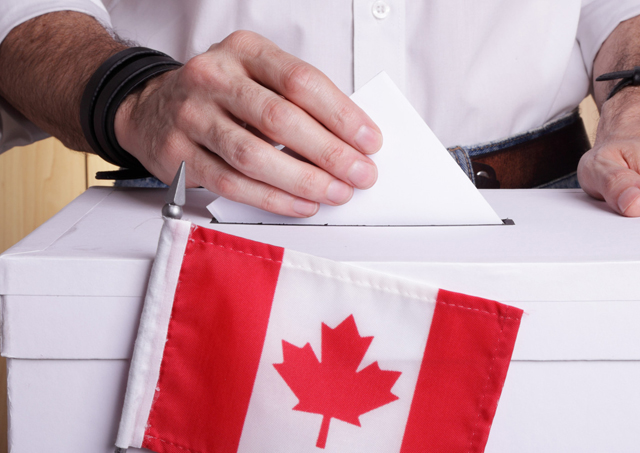Ranked ballots would weaken the competitiveness of Canadian elections
Replacing Canada’s first-past-the-post electoral system with an alternative vote model — also known as ranked ballots — could severely weaken the competitiveness of federal elections, according to a new essay released as part of a book on electoral reform released today by the Fraser Institute, an independent, non-partisan Canadian public policy think-tank.
“Competitive elections where multiple parties have a legitimate chance to form government remain a staple of democracies around the world. Changing the system to favour one party over the others doesn’t increase legitimacy — it reduces it,” said Lydia Miljan, a Fraser Institute senior fellow, associate professor of political science at the University of Windsor and editor of Counting Votes: Essays on Electoral Reform.
A parliamentary committee, convened by the federal government, will deliver a report in December recommending changes to Canada’s current first-past-the-post electoral system.
One possible option — which Prime Minister Justin Trudeau has expressed a preference for — is the alternative vote (AV) system. To measure the possible effects of AV on Canadian elections, the book analyzed more than 2,000 riding results for every election dating back to 1997.
Re-estimating the results of each election since 1997 using AV electoral rules — not first-past-the-post — the Liberals are the only party to gain seats in every election.
The change would have resulted in a number of markedly different electoral outcomes. For example, former Prime Minister Paul Martin would have won a majority government in 2004 rather than a minority, and the Liberals — not the Conservatives — would have formed a minority government in 2006.
In fact, if AV had been in place, the Liberal Party would have gained 19 seats (on average) in each of the past seven federal elections. The NDP would have lost seats in 1997 and 2000, and gained only 13 seats (on average) in the last three elections.
The Conservatives, on average, would have lost 31 seats in each election since 2004, when the Canadian Alliance and Progressive Conservatives merged. And the Conservatives would have formed a minority — not a majority government — in 2011.
“Competitive elections keep governments accountable, so Canadians should be aware of the consequences when political parties seek to change the way we vote,” Miljan said.
The book also features essays that highlight first-past-the-post as the best electoral system to keep governments accountable, the increase of coalition governments (and spending) under proportional representation, and the constitutional requirement — given previous conventions — of a referendum to make any significant change to the way Canadians elect their governments.






















